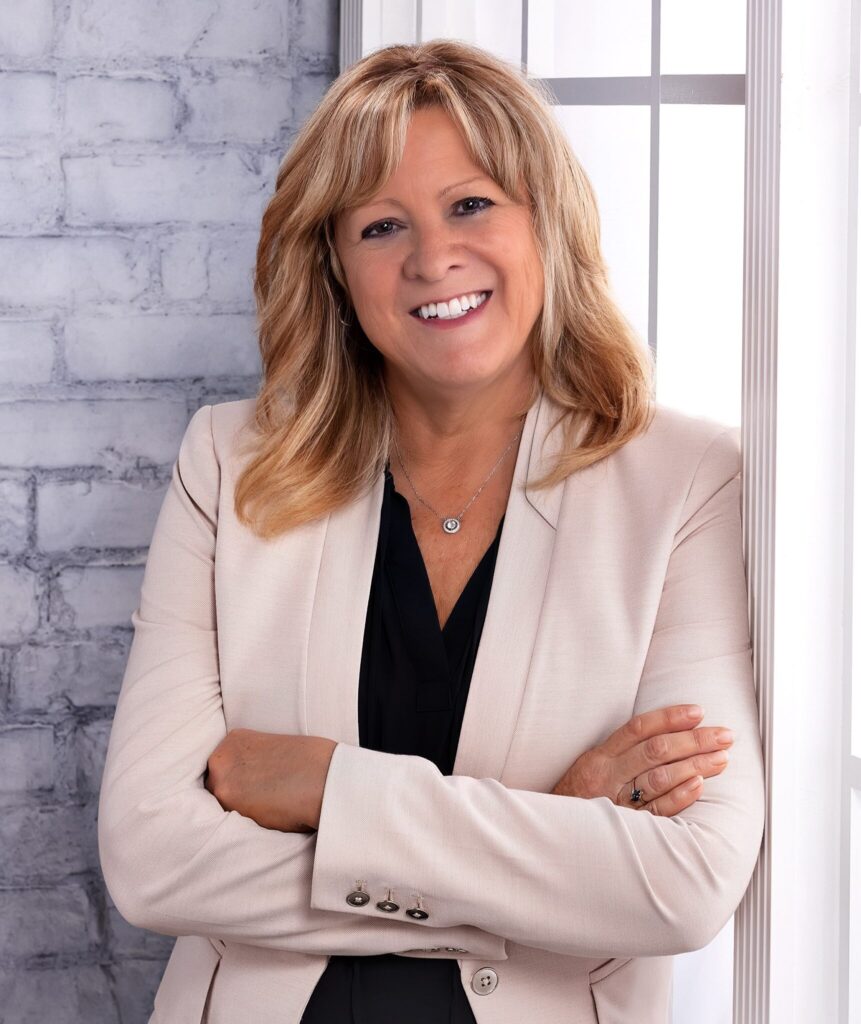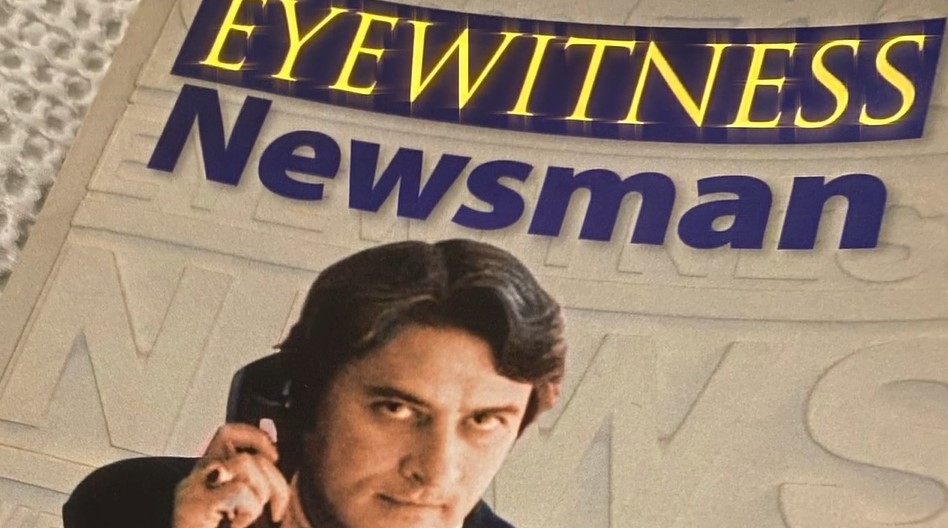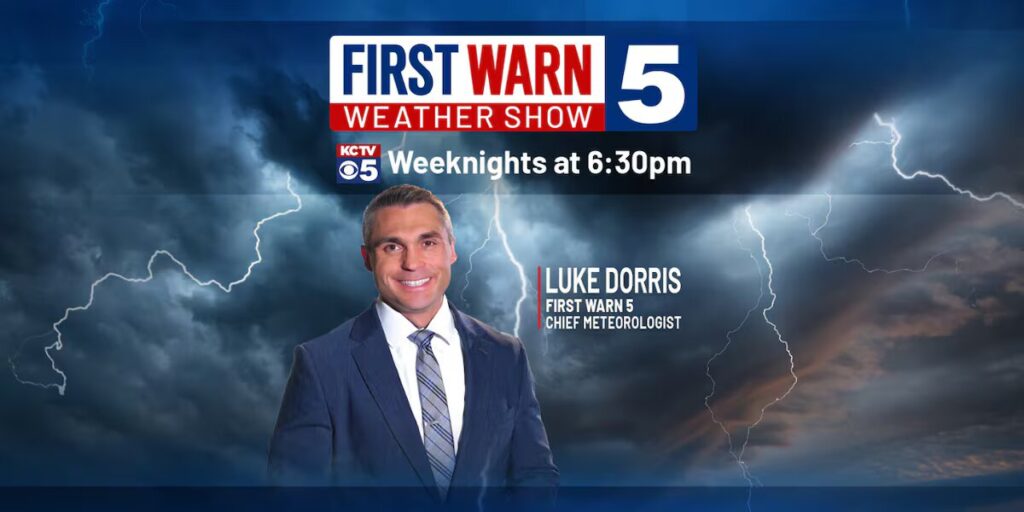
Now’s The Time To Make Virtual Duopolies
Broadcasters in small markets interested in doubling up through shared services agreements and the like, had better act fast.
The FCC will soon launch a rulemaking to determine whether such arrangements, which essentially allow broadcasters to circumvent the ban against actual ownership of two stations in small markets, are still a good idea.
And the rulemaking could very well lead to a prohibition against the so-called virtual duopolies sometime next spring or summer after the usual rounds of comments, commission lobbying and public squabbling.
As the “could” in the proceeding sentence suggests, nothing is for sure. The FCC could also do nothing. Or it could adopt some halfway measures. For instance, it could require stations to get FCC approvals for contractual mergers, which would expose them to petitions to deny. Some deals would slip through; others would be subject to long and costly “public interest” proceedings.
Even a requirement that broadcasters simply disclose such arrangements could encourage informal challenges. This is what happened to Raycom Media and its deal to run three stations in Honolulu. It took several months and a lot of lawyering to resolve that complaint. It also generated a lot of bad press for Raycom and the industry. Who needs that?
One thing broadcasters can count on the FCC not doing is ordering the dismantling of any existing arrangements. By its silence over the years, it has tacitly approved them. It isn’t going to go back now and declare them illegal. It simply isn’t in the FCC’s nature to undo deals once done. I can’t recall a single case, at least not in the broadcast side of FCC world.
So, again, an NBC affiliate who is thinking it would be a good idea to cut a deal with the CBS affiliate and run the stations in tandem should make it a New Year’s resolution to do it soon. The only guarantee, I think, is that deals done prior to a final order next year would be grandfathered in.
I just spent two days in Washington visiting with lawyers and lobbyists and the consensus is the FCC will not do nothing; that it will try to put some kind of lid on virtual duopolies.
Reason one is that they don’t make much sense from a policy standpoint. What’s the point of having a ban against two Big Four network affiliates in a small market merging through a station-sale contract if they can do it with a bunch of management contracts?
More important, a broad coalition is building to crack down on virtual duopolies. It includes activists like Free Press and the Media Access Project that believe despite much evidence to the contrary that the union of two TV stations will lead markets into ignorance, anarchy and economic ruin.
They can’t stand the thought of any broadcasters making money, even marginal ones. They would, I think, prefer to see stations struggling. I’m surprised I received no press release from Free Press this week celebrating the news that Block Communications’ KTRV Boise, Idaho, had decided to shut down its news operations after losing its Fox affiliation.
Also in the anti-duopoly coalition are cable and satellite operators who don’t like the increased leverage in retrans negotiations that stations get from duopolies — real or virtual. It’s bad enough dealing with a broadcaster holding the cards for one broadcast network let alone two, they say. And they are a well-heeled political force.
This week, 10 prominent House Democrats weighed in against local consolidation, arguing that “in some cases [it] has led to layoffs, increased debt held by media companies and caused a decline in the diversity of viewpoints necessary to sustain a functioning democracy.”
That has to have an impact on a commission where majority rules and the majority is Democratic.
There are a couple of other variables in play here.
First, the ownership rulemaking could stall and the voters could throw out Obama & Co. in November. That would put the Republicans in charge at the FCC and they are unlikely to do anything to discourage virtual duopolies. In fact, the right chairman might move to eliminate the duopoly rule altogether and allow stations to merge through buying and selling.
In a speech this week, Robert McDowell, the only Republican on the short-handed commission right now, declared what his thinking is on local ownership. “It is my hope that the commission can modernize its rules to reflect the economic realities of the marketplace,” he said in a speech before some communications attorneys. “Maintaining decades-old industrial policy in this age of competition, mobility and new media is not in the public interest and is not what Congress envisioned when it crafted [the Telecommuncations Act of 1996].”
The second variable is the Supreme Court. The National Association of Broadcasters petitioned the court on Monday to look at the conflicting appellate court decisions on the ownership rules. That could lead to a gutting of the rules.
But broadcasters shouldn’t be sitting around waiting for something good to come out of Washington before making their next move. This is no time for procrastination.
Harry A. Jessell is editor of TVNewsCheck. He can be reached at 973-701-1067 or [email protected]. You can read his other columns here.
























Comments (1)
Matthew Castonguay says:
December 9, 2011 at 3:50 pm
This could be a good way for FCC to accomplish one of it’s goals, which is to put a significant # of TV stations out of business, because there are “too many” (see spectrum takeback for “desperately needed” wireless broadband capacity). Ironic though in that they will hang their hats in this instance on the need for “more diversity of voices”. Situational priorities, I guess.